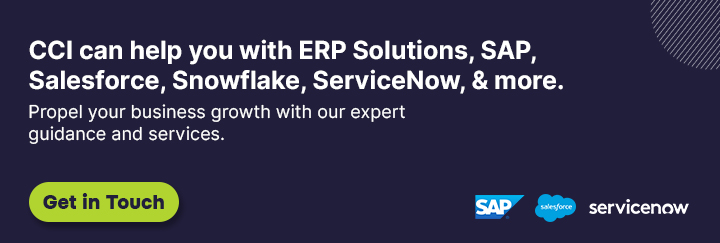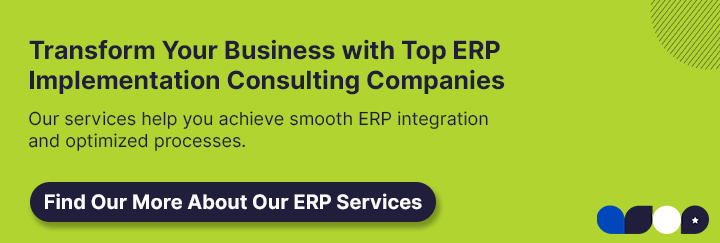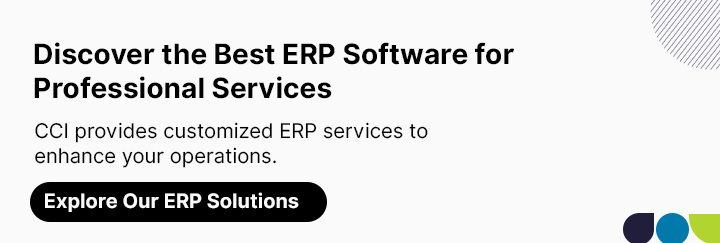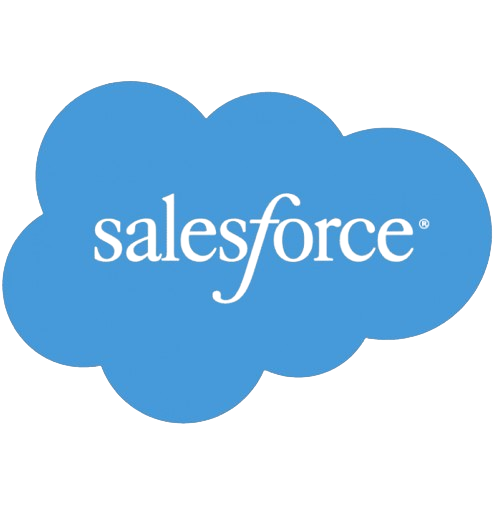Top Benefits of Adopting MuleSoft API-Led Connectivity for Businesses
Updated on February 15, 2026
Picture this: your business is growing, but your systems aren’t keeping up. Your CRM can’t talk to your ERP, customer data is scattered, and every new integration feels like a budget buster. Sound familiar? This is where MuleSoft’s API-led connectivity swoops in to save the day.
MuleSoft’s approach isn’t just about connecting apps; it’s about transforming how you work. In this blog, we’ll dive into the top benefits of adopting MuleSoft’s API-led connectivity, from slashing costs to boosting innovation. Whether you’re in retail, healthcare, or manufacturing, CCI helps businesses to simplify their MuleSoft integration.
This post explores how MuleSoft’s API-led approach benefits both your tech infrastructure and your bottom line.
>> Related Post: AI in ERP: Key Benefits and Implementation Types
Understanding MuleSoft API-Led Connectivity
MuleSoft’s API-led connectivity is a smarter way to tie your systems together. Unlike clunky point-to-point integrations that create a mess of code, MuleSoft breaks things down into three tidy layers: System APIs, Process APIs, and Experience APIs. Each layer has a job, making your integrations flexible and reusable.
– System APIs pull data from core systems like SAP for professional services or Salesforce, without touching their underlying structure. Think of them as the keys to your data vault.
– Process APIs combine data from multiple systems to handle business tasks, like processing an order across your CRM and ERP.
– Experience APIs shape that data for specific users, like delivering a customer profile to a mobile app or web portal.
MuleSoft’s Anypoint Platform is the engine behind this, letting you design, deploy, and manage APIs with ease. Many organizations struggle with data silos, slowing digital transformation. API-led connectivity fixes this by creating a network of reusable APIs, reducing integration time and costs. For example, a retailer can use a single System API to connect their Salesforce Service Cloud to multiple apps, saving weeks of custom coding.
>> Related Post: Top 10 Emerging Trends of AI in ERP for 2025/2026
Technical Benefits of MuleSoft API-Led Connectivity
MuleSoft’s API-led connectivity delivers a toolbox of technical advantages that make IT teams’ lives easier. Here’s how it strengthens your tech foundation:
1. Scalability and Reusability
Reusable APIs let you add new systems quickly. Need to integrate a new CRM? A System API can connect it in hours, not weeks, using Anypoint’s 200+ pre-built connectors.
2. Robust Security
MuleSoft’s API gateways use OAuth 2.0 and role-based access to protect data, meeting GDPR and HIPAA standards. This is critical for industries like healthcare or finance, where CCI’s MuleSoft developers ensure secure endpoints.
3. Optimized Performance
Anypoint’s API Analytics monitors traffic and spots bottlenecks, ensuring low latency. DataWeave transforms formats (e.g., JSON to XML) for smooth ERP-CRM syncs, maintaining high throughput. MuleSoft reports 30% lower integration costs with this tool.
4. Cloud and Hybrid Flexibility
MuleSoft supports multi-cloud and on-premise setups, connecting legacy systems to cloud platforms like Salesforce Cloud. This avoids vendor lock-in and scales across environments.
>> Related Post: MuleSoft Pricing: Implementation Cost and Pricing Details [2025]
Business Benefits of MuleSoft API-Led Connectivity
MuleSoft’s API-led connectivity isn’t just a tech win; it’s a business game-changer. Here’s how it drives value:
1. Faster Time-to-Market: Reusable APIs speed up app development, letting you launch new tools in weeks. Retailers use Experience APIs to build omnichannel apps, like mobile shopping portals, 60% faster, per MuleSoft. This means quicker revenue from new channels.
2. Cost Efficiency: Centralized API management cuts redundant integrations, slashing maintenance costs. By reusing APIs across projects, you save on development and upkeep.
3. Improved Customer Experience: Real-time data access creates unified customer views. For example, syncing CRM and ERP data lets agents personalize offers instantly, boosting CSAT scores.
4. Innovation Enablement: APIs unlock data for new services, like IoT apps or AI analytics, with Snowflake data integration. This opens doors to new revenue streams, like predictive maintenance in manufacturing.
>> Related Post: 5 Benefits of Agentforce for Businesses/Startups in 2025
How CCI Maximizes MuleSoft’s Value for Businesses
At CCI, we don’t just implement MuleSoft, we make it a strategic asset. Our MuleSoft consulting framework, backed by certified MuleSoft developers, delivers measurable results across industries like healthcare, retail, and manufacturing. Here’s our approach:
Discovery: We assess your systems, from ERP solutions services to CRMs, to find integration gaps. This might mean spotting siloed data slowing customer service or redundant APIs hiking costs.
Design: Using Anypoint Studio, we build reusable APIs tailored to your needs. For a healthcare client, we might create APIs for patient data syncs; for manufacturing, we’d focus on supply chain integration with the SAP SCM solution.
Deployment: We roll out APIs via Anypoint Platform, ensuring scalability and security. Our setups handle high volumes, like peak retail seasons, without hiccups.
Management: With MuleSoft managed services, we monitor and optimize APIs, tweaking performance and updating security protocols. This keeps your integrations running smoothly.
>> Related Post: ERP & Business Intelligence: Role, Benefits in 2025
MuleSoft Professional Services Offered by Cloud Consulting Inc.
At Cloud Consulting Inc., we are dedicated to turning your business aspirations into reality through our comprehensive MuleSoft services:
- MuleSoft Professional Services
- MuleSoft Integration Services
- MuleSoft Development Services
- Mulesoft Implementation Services
Conclusion
MuleSoft’s API-led connectivity is a game-changer for businesses battling fragmented systems. From scalability and security to faster launches and happier customers, it delivers technical and business wins that drive growth. CCI’s MuleSoft implementation services make these benefits real.
Let’s future-proof your systems and unify your tech stack with secure, scalable integrations.
FAQs
1. What is MuleSoft API-led connectivity?
It’s a three-layer approach (System, Process, Experience APIs) to integrate systems, enabling reusable and scalable data connections.
2. How does MuleSoft reduce integration costs?
Reusable APIs and centralized management cut redundant coding and maintenance, saving up to 30% on integration expenses.
3. Is MuleSoft secure for sensitive data?
Yes, MuleSoft uses OAuth 2.0 and API gateways to meet GDPR and HIPAA standards, ensuring data protection.
4. Can MuleSoft integrate with legacy systems?
System APIs connect legacy systems like SAP or Oracle without altering their structure.
5. How long does a MuleSoft implementation take?
Simple integrations can take weeks, while complex projects may span months, depending on the scope.
6. Does MuleSoft support cloud and on-premise systems?
Yes, it works with hybrid and multi-cloud environments, offering flexibility for diverse setups.









